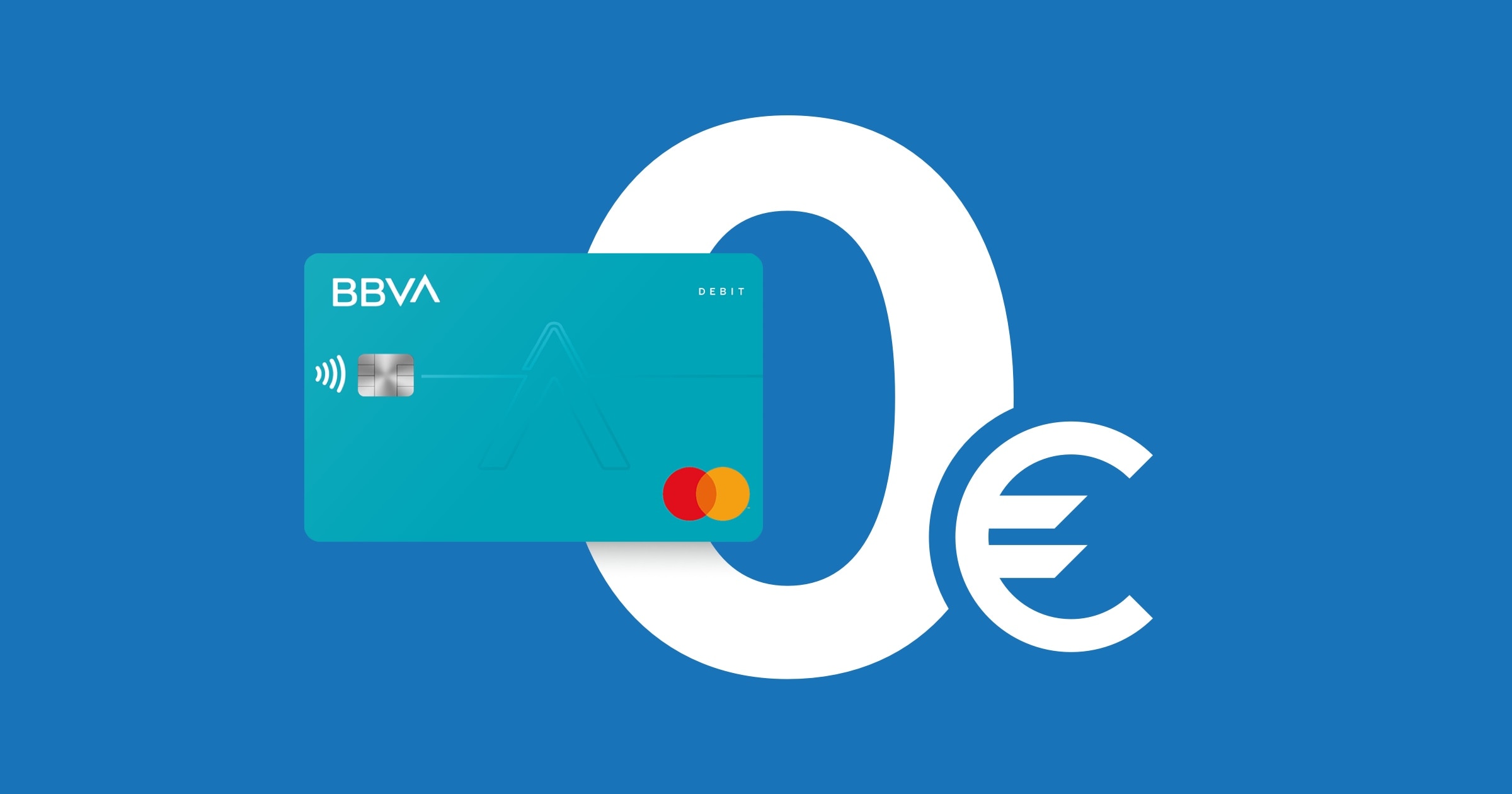There are many young people who, once they have finished their studies and found a job, decide they want to live on their own. However, as the Italian saying goes: “Between saying and doing, there is the sea in-between." Leaving your parents' home is not as simple as it might seem. It is a change that comes with a number of responsibilities, including dealing with expenses you did not have before. In this article, we will tell you about these expenses and the importance of saving, in order to be able to live independently without stress.
What expenses will you have to start incurring when living on your own?
Per raggiungere l'indipendenza economica, è fondamentale risparmiare e gestire al meglio il proprio budget. Per iniziare a farlo, devi conoscere le spese che dovrai sostenere una volta che andrai a vivere da solo. These are divided into 2 types: fixed and variable.
Conto corrente online e carta di debito a zero spese per sempre
Fixed costs
These are paid every month, without exception. These include:
- Affitto o mutuo: Normally, and especially if this is your first experience, this will be a rent. The price depends on where you go to live and is usually higher in big cities (like Rome or Milan). Usually, a maximum of 30% of one's income is allocated to housing, to which a small sum should then be added for condominium expenses (even if they are often included) or a potential parking space.
If, on the other hand, you decide to buy it, you should know that the price of a house (both new and second-hand) also depends on its location, as well as other factors. For example, living in a capital will be more expensive than living in a small town, and living in the suburbs, rather than in the center, will save you some money.
Qualunque sia il prezzo, per pagarlo si ricorre solitamente a un mutuo, che coprirebbe fino all'80% mentre il restante 20% del valore della casa si dovrà metterlo da parte prima. In addition, it will also be necessary to take into account the costs related to the sale, which usually represent about 10% of the value of the house.
- Utenze domestiche: these are expenses such as electricity, water, and gas, for example, which must be paid monthly. In una famiglia composta da 3 membri, e facendone un uso responsabile, la spesa media si aggira intorno ai 100€ al mese.
- Alimentazione: usually, this is an expense that can be saved when living independently. One way to do this is to first check the different prices of supermarkets and department stores on their web pages and then choose the most convenient store. Ah, let's not forget that, in this department, you will also have to include breakfasts, lunches, and dinners outside.
- Assicurazione sulla casa: protects you from any unforeseen events that may occur within your home.
- Assicurazione auto: if you own a vehicle, you will need to have a policy (with full coverage or for damage caused to third parties), so that the insurance company will cover any accident you may have.
Variable expenses
Sono quelle che, dal momento che non sono necessarie al 100% nella vita di tutti i giorni, puoi scegliere se farle o meno. Among them are Internet costs. For many people, it is imperative to have a good connection at home both for personal and professional use. If you are one of them, before moving into your new home, try to evaluate the different options offered by telecommunications companies, in order to decide which one offers the most advantageous rates.
In addition to this expense, there are other variables to take into account where you can save money when you become independent, such as the purchase of clothing and accessories.
Finally, you should have a small nest egg set aside for any unexpected expenses that may arise when you least expect it, since it is always good to be prepared. In the event that a lot of time has gone by and you have not used it, you can invest it in any of the expenses we talked about earlier.
Save with the 50/30/20 rule
Uno dei metodi più utili per risparmiare è la regola del 50/30/20, cui principio si basa sulle percentuali nelle quali dividi le tue entrate in un mese:
- 50% for your basic needs, including: paying your loan or rent, utilities (such as electricity, water, or gas), food, clothing and footwear, or travel, among others.
- 30% for whims, those daily expenses that we can also do without, such as going to the cinema or eating out.
- 20% for savings, for which we have two options: the first is to withdraw this percentage from your paycheck as soon as you receive it (for example, from €1,000, you set aside €200). La seconda è quella di versare il denaro in un conto diverso o di risparmio (come il Salvadanaio Digitale di BBVA), per evitare di usarlo quotidianamente.
This way, knowing exactly how much you spend in each category, you can manage your money more responsibly.
Il Conto Corrente BBVA ti offre un servizio fatto di semplici regole di risparmio che ti aiutano a gestire automaticamente il tuo conto per far crescere i tuoi risparmi senza sforzi e avere più controllo sui tuoi soldi.
Take care of your financial well-being
As you can see, there are many expenses that you will have to face if you want to live independently and for which you will have to save. To achieve this last goal, it is essential to know your financial situation. This is why BBVA offers its customers "Financial Well-being," a tool that aims to help every person, regardless of their income level, to achieve their financial well-being and savings goals by improving how they manage their expenses.
Do you want to know more about saving and how this new tool from BBVA, Financial Well-being, can help you improve your skills in this regard? Do not hesitate to consult all the available information on bbva.it and on the BBVA App.
Dai vita ai tuoi progetti con soluzioni su misura per i tuoi obiettivi di risparmio e investimento.
You might be interested
-
Books on the main economic theories
Discover some of the best economics books that will help you learn about the most interesting economic and financial theories -
How to save money at home
The first thing to do to save at home is to create a family budget. It will give you an overall view of your income and expenses. -
Optimize your finances: how to learn to save money
But how can we further improve the management of our finances? We offer you a number of approaches that will help you achieve your goal.






